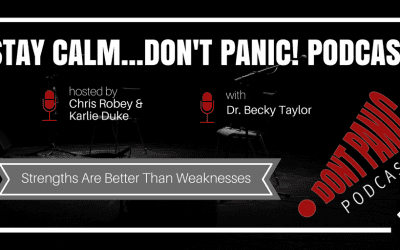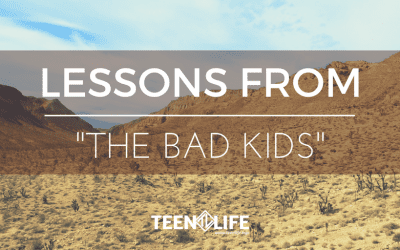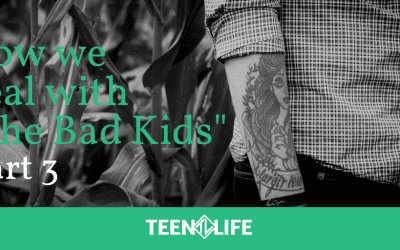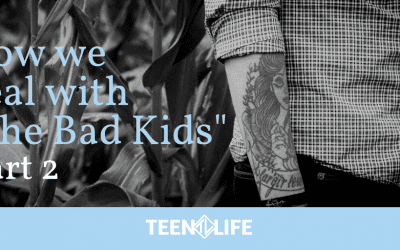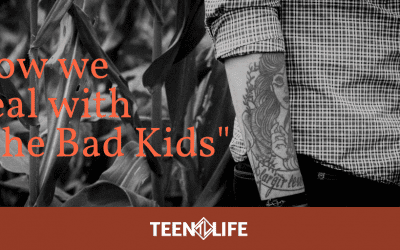Recently I concluded a guys only support group at a local high school which, at the time, I thought was pretty successful. I had built some strong relationships with those young men, found common ground, and seemed to gain their trust. A measure of success for me with teenagers is their willingness to talk about the real stuff – and these guys had no problem telling the truth, even to the point of being uncomfortable. Fast forward a few weeks. I walked into another group which is at a local drug rehab for adolescent boys. One of the guys from my previous group was there. He had broken his probation for drug use and was mandated a treatment program. I had also found out two other boys from my previous group got caught up in some heavy drugs and kicked off their school campus. So, what I thought was a successful guys group turned out, at least on its surface, to be a bust.
Support Groups Articles and Episodes
Teenagers are longing for caring adults to take the time to connect. Check out our time-tested resources on leading support groups and building life changing relationships.
We keep you bussin’.
Subscribe to the newsletter so you always know what the terms your teen is saying actually mean. We’ll make sure you’re up-to-date on the latest in teen culture, terms, and tech.

